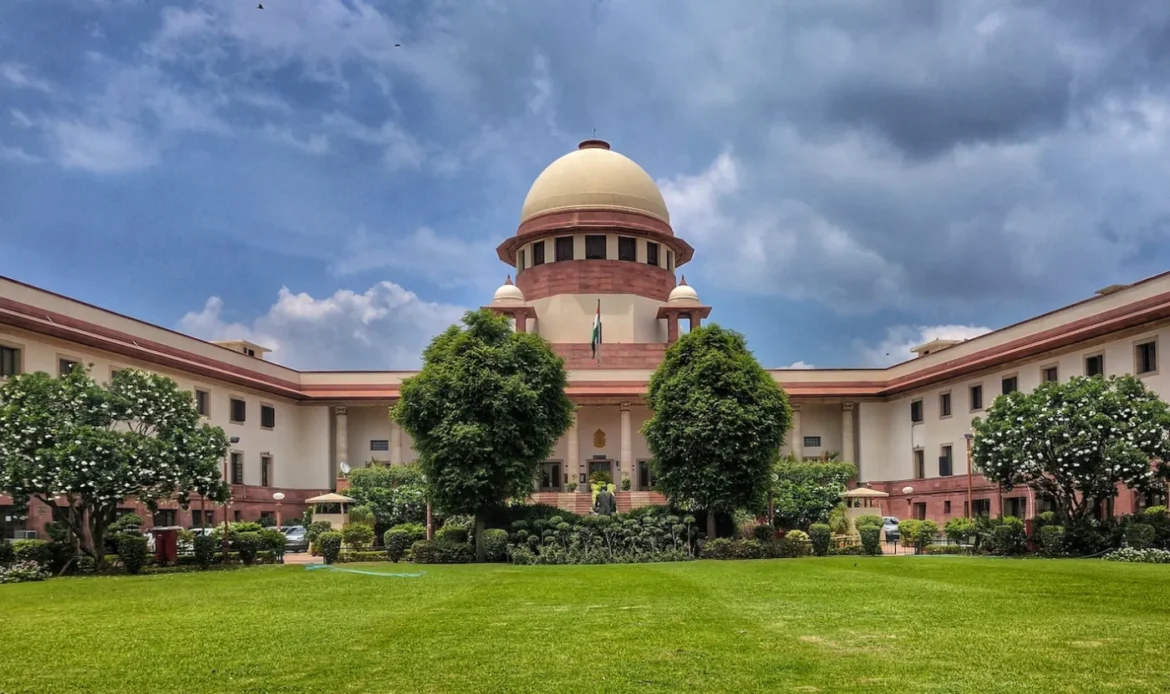New Delhi, July 27 — The Supreme Court is set to hear a clutch of petitions on Monday challenging the Election Commission of India’s decision to carry out a special intensive revision (SIR) of electoral rolls in Bihar, a move petitioners claim could disenfranchise millions of voters ahead of the state polls.
A bench comprising Justices Surya Kant and Joymalya Bagchi will take up the case, which has drawn sharp criticism from opposition leaders, civil society organizations, and voter rights groups. The EC, in its defense, maintains that the June 24 directive for a sweeping revision is necessary to ensure the integrity of the electoral process.
“The SIR adds to the purity of elections by weeding out ineligible persons from the electoral rolls,” the EC stated in a detailed affidavit, asserting that the exercise is well within the bounds of electoral law. According to the poll panel, more than 1.5 lakh booth-level agents were mobilized from major political parties to verify voter data.
Despite their involvement, several parties have now approached the court, questioning the process and alleging procedural irregularities. “The entitlement to vote flows from Article 326 and relevant provisions of the Representation of the People Acts,” the EC argued, adding, “an ineligible person cannot claim a violation of Articles 19 and 21.”
However, the lead petitioner, the NGO Association for Democratic Reforms (ADR), has raised serious concerns. In its rejoinder, ADR alleged that the SIR was being conducted with “broad and unchecked discretion” by Electoral Registration Officers (EROs), leading to arbitrary deletions and procedural violations.
“If not set aside, the EC’s June 24 order may disenfranchise lakhs of citizens, undermining the principles of free and fair elections—an essential part of the Constitution’s basic structure,” ADR said. The NGO also objected to the EC’s exclusion of Aadhaar and ration cards as valid documents for voter verification, calling the rationale “absurd.”
Further, ADR pointed to field reports that suggested Booth Level Officers (BLOs) were mass-uploading enumeration forms without voter consent. “Forms have been submitted on behalf of individuals who never met BLOs. Even dead persons are reportedly shown to have submitted forms,” the affidavit stated, calling the exercise a “grave fraud on voters.”
The NGO also rejected the EC’s claim that the SIR was initiated in response to political parties’ concerns. “No party demanded a de novo revision. Their concerns centered around non-existent votes and deletion of legitimate opposition votes—not a fresh overhaul,” the petition noted.
Rashtriya Janata Dal MP Manoj Jha, a co-petitioner, also filed a rejoinder alleging that the revision is “unprecedented,” forcing citizens to prove their nationality for the first time to retain their right to vote.
“As is evident from the forms and documentation required, a person must now furnish documentary proof of citizenship to the EC’s satisfaction. This changes the fundamental nature of voter registration,” Jha stated.
Activist Yogendra Yadav, also party to the case, cited estimates that nearly 40 lakh voters in Bihar are at risk of being struck off the rolls.
Earlier this month, on July 10, a vacation bench led by Justice Sudhanshu Dhulia allowed the EC to proceed with the SIR but directed that Aadhaar, voter ID, and ration cards be considered valid identification. Bihar has over 7 crore registered voters.
The court’s decision on Monday will carry significant implications, not only for Bihar’s upcoming election but also for the larger debate on voter rights, due process, and the role of administrative discretion in electoral democracy.

